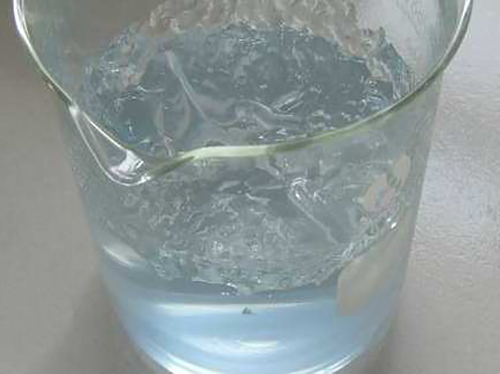limescale inhibitor
Understanding Limescale Inhibitors A Guide to Effective Water Treatment
Limescale is a common issue in many households and industrial settings, manifesting as a white, chalky buildup on faucets, pipes, and appliances. This accumulation is primarily the result of hard water, which contains high levels of calcium and magnesium ions. Over time, limescale can lead to decreased efficiency in heating systems, increased energy costs, and even the deterioration of plumbing infrastructure. To combat this persistent problem, limescale inhibitors have emerged as an effective tool in water treatment strategies.
Limescale inhibitors are substances designed to prevent the formation of limescale in water systems. They work by altering the physical and chemical properties of the minerals that contribute to limescale buildup. The most common types of inhibitors include phosphates, polyphosphates, and organic compounds. These agents do not remove hardness from water but instead modify the behavior of calcium and magnesium ions, preventing them from adhering to surfaces and forming hard deposits.
One of the key benefits of using limescale inhibitors is that they promote cleaner appliances and fixtures. By preventing the buildup of limescale, these inhibitors can prolong the lifespan of water-heating devices such as kettles, boilers, and water heaters. Users often find that their appliances operate more efficiently, translating to lower energy bills and reduced maintenance costs.
limescale inhibitor

In addition to household benefits, limescale inhibitors are also widely used in industrial applications. Many manufacturing processes rely on water for cooling, heating, or as a raw material. In these contexts, limescale formation can disrupt operations and lead to costly downtime. By incorporating limescale inhibitors into their water treatment protocols, industries can enhance equipment longevity and ensure smooth operations.
While limescale inhibitors are effective, it is important to understand that they are not a one-size-fits-all solution. The choice of inhibitor depends on various factors, including water chemistry, the degree of hardness, and specific application needs. For instance, while phosphates are effective in many situations, they may not be suitable for all environments due to environmental regulations and potential impacts on aquatic ecosystems.
Another consideration is the use of alternative technologies, such as water softeners, which remove hardness minerals from water rather than inhibiting their effects. This method, however, typically involves higher upfront costs and ongoing maintenance. Users must weigh the benefits and drawbacks of both approaches, often opting for a combination of limescale inhibitors and water softeners for optimal results.
In conclusion, limescale inhibitors play a crucial role in managing hard water challenges in both domestic and industrial settings. By preventing limescale buildup, these substances not only enhance the efficiency of water systems but also extend the life of appliances and infrastructure. As awareness about water quality grows, the demand for effective water treatment solutions like limescale inhibitors is likely to increase. For those grappling with hard water issues, exploring various limescale inhibition options is a step toward maintaining a sustainable and efficient water system.
-
The Power of Isothiazolinones in Modern ApplicationsNewsMay.08,2025
-
Flocculants in Water TreatmentNewsMay.08,2025
-
Flocculants and Chemical Solutions: What You Need to KnowNewsMay.08,2025
-
Flocculants and Chemical Solutions: A Growing IndustryNewsMay.08,2025
-
Essential Chemicals: Polymaleic Anhydride and MoreNewsMay.08,2025
-
Acrylic Polymers: Essential Solutions for IndustryNewsMay.08,2025





